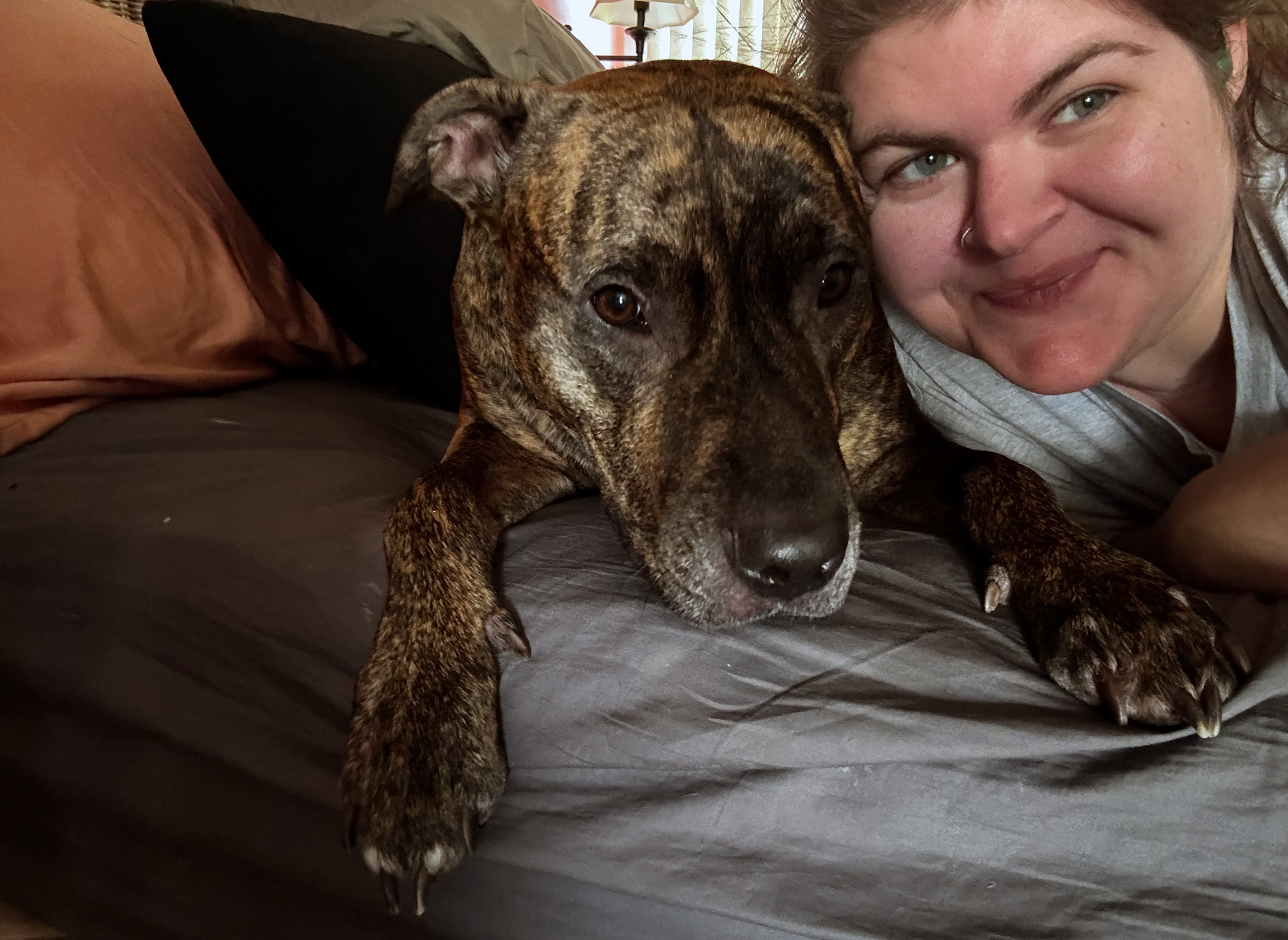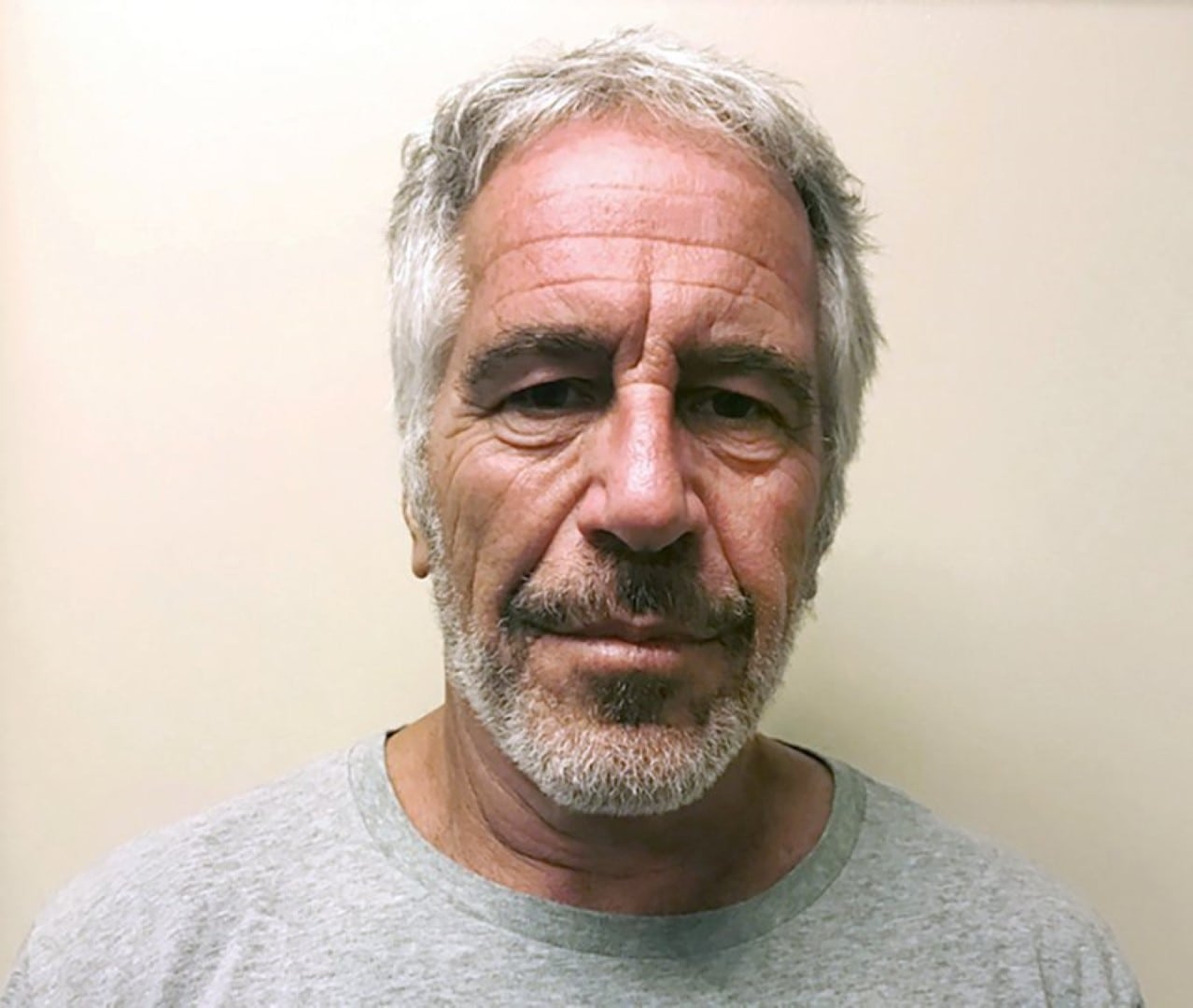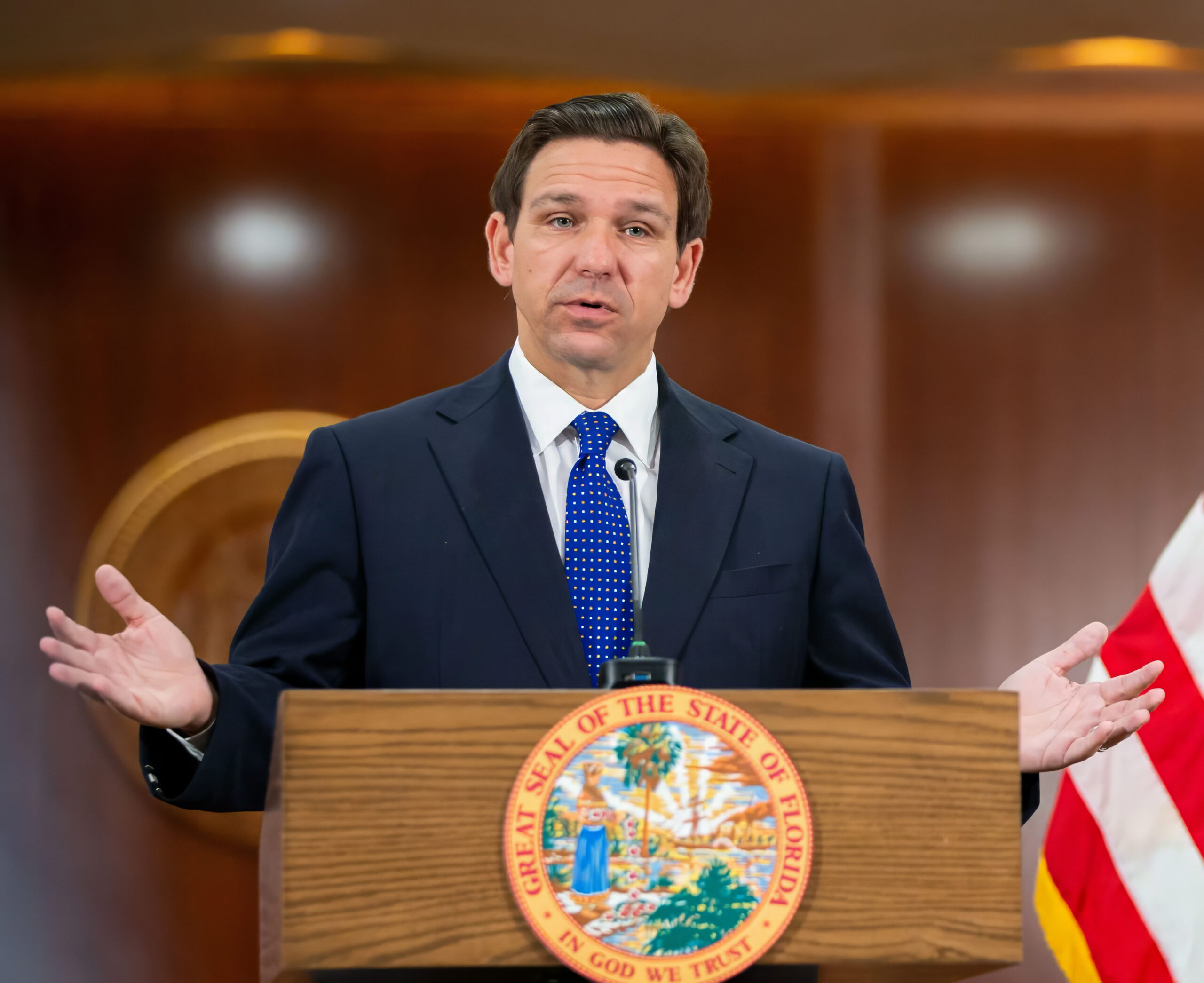The first good night’s sleep in years for the daughter of a murdered couple came the night Florida executed her parents’ killer earlier this month, she says in a new interview.
“There’s a weight that’s been lifted off of us,” said Maranda Malnory, 29, of Cape Coral in a phone conversation from her home. “We can move forward. We’re never going to move past it, but it’s not looming there all the time.”
Malnory, 29, was less than one month away from her 2nd birthday when James Ford murdered her parents, Greg and Kim Malnory, in rural Charlotte County in Southwest Florida. Malnory was left to the elements in a car seat in her father’s blue pickup after her parents’ murders, and police found her and her parents’ bodies the next morning.
Residents of Charlotte County heard details of her parents’ 1997 deaths far before she did.
“It wasn’t a secret that my parents had passed away, because it was always talked about,” she said, “but it was kind of secretive in the fact that I didn’t know the facts of what happened until I was 13.”
“It was shocking,” she said, “because to a 13-year-old, you don’t expect to be able to just Google your name and be like, ‘Oh no, here’s an entire five-page article about how your parents were murdered in front of you in a horrific way, and then, oh, you were the lone survivor.’”
After her parents died, Malnory’s maternal grandmother, Linda Griffin, took her in.
“She kind of overcompensated a little bit for my parents not being around,” Malnory said. “She felt, as my mom’s mom, she should have protected my mom as my mom protected me, but I had a happy childhood.”
Malnory said she has a handful of secondhand stories about her parents passed down from their friends and family, but she doesn’t have any memories of her own.
“There’s a missing piece,” she said. “I never got to experience the traditional family things of having a mom and dad, celebrating Mother’s Day and Father’s Day with them.”
Despite growing up without her parents, Malnory said she learns more about them as time passes from the people around her.
“The way that I get to know my mom and dad is by talking about them,” she said. “I’m still getting Facebook messages from people that went to school with my parents, or detectives, because I went to school with some of the detectives’ kids. … To me, it’s getting to know who they were as people, not just this idea of them, by talking to people that knew them.”
Some of the stories Malnory has heard about her parents come from her coworkers at East Elementary in Punta Gorda, where she works as a special education paraprofessional.
“For the longest time, I wanted to be a lawyer, and having stayed in contact with most of the attorneys on my parents’ case. … I think my heart would be too invested in it,” she said. “At least in education, I can give back that way. I call it heart work. You don’t just do it because you want to. It comes from the heart.”
The first person Malnory spoke with when the death warrant was signed was a school employee who knew her mother in high school. Malnory said the Friday morning phone call from the Governor’s Office “completely came out of the blue.”
“I had mixed emotions because it was something that, in December, I had talked about … and I felt like, in a sense, I kind of talked it into existence, almost,” she said. “It was also very stressful for me. It was a lot of almost re-victimizing. … Everyone seemed to focus on Ford instead of my parents, so every time seeing a picture of him, it felt like it re-victimized me in a sense.”
Less than two weeks before the execution, Malnory visited her parents’ graves for the first time in six years.
“It’s my aunt that’s there, my mom’s sister, my maternal grandmother that passed away and then my parents. For me, that’s just an area of heartache, because it’s four people that meant the world to me all in a line,” she said. “It wasn’t as anxiety-inducing as I thought it would be. … I wasn’t there by myself, and we were there to clean. It was more of a, ‘Hey, we’re trying to do this good thing for them so when people take pictures of their graves, it actually is clean.’”
“At the same time, I was kind of sad,” she said. “This isn’t how I want to spend my Saturday. I’d rather spend my Saturday with them.”
As the execution approached, Malnory had to decide whether she would attend — or even witness Ford dying by injection.
She said she wanted answers from Ford when she was younger.
“He’s a coward,” Malnory said. “He still, up until his last breath, was like, ‘I hope they find out who murdered Kim and Greg.’ Well, you did. We were all there. When I was younger, I wanted to talk to him, but the older I’ve gotten, the more I’ve realized, he’s never going to say.”
Malnory ultimately decided not to attend the Feb. 13 execution with her family members.
“I actually went back and forth, and nobody in my family knows this, but I was even thinking about going probably up until it happened,” she said. “I wanted to go, but at the same time, that could be triggering for me. Seeing his face personally, up close after all those years, that could bring up some sort of thing that had been locked away for 27 years.”
Malnory said she called family members who did attend the execution the moment the press conference was over.
“It was justice. Peace, not closure, but for them, it was that final closing of the chapter,” she said. “I feel the peace from it, but I grieve what I could have had, and they were actually grieving the loss of them as people.”
Malnory said she initially had mixed emotions about Ford’s execution, but she feels a sense of closure now.
“We’re going into the 28th year not going, ‘Oh, he’s lived 28 years longer than they had, or he’s taken 28 years of Mother’s Days and Father’s Days and Christmases.’”
The end of Ford’s life doesn’t signal the end of his crimes’ impact on Malnorys.
“It impacted (my life) in a huge way,” she said. “When it comes to relationships, I seek out men older than I am, because it’s like I’m trying to fill that void that my dad would have. I don’t want to say I have daddy issues, but I do. … It also makes me afraid to have kids, because I don’t want my kids to ever have to grow up without me.”
Malnory said the people around her, especially those who knew her parents, carry her through her hardest days.
“No one has forgotten us in the 27 years that it took,” she said. “No one in Charlotte County has ever forgotten us. It’s home to me.”
___
This story was produced by Fresh Take Florida, a news service of the University of Florida College of Journalism and Communications. The reporter can be reached at [email protected]. You can donate to support our students here.
Post Views: 0

 Entertainment8 years ago
Entertainment8 years ago
 Entertainment8 years ago
Entertainment8 years ago
 Politics8 years ago
Politics8 years ago
 Tech8 years ago
Tech8 years ago
 Tech8 years ago
Tech8 years ago
 Tech8 years ago
Tech8 years ago
 Entertainment8 years ago
Entertainment8 years ago
 Politics8 years ago
Politics8 years ago











